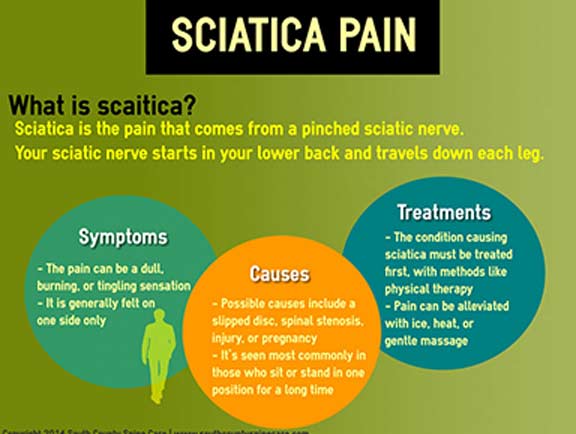Essential Capabilities That All Physical Therapists Should Have
Essential Capabilities That All Physical Therapists Should Have
Blog Article
Writer-Garner Townsend
As a physiotherapist, you know that your success rests on a mix of important abilities. Effective interaction helps you get in touch with clients, while hands-on strategies guarantee personalized care. But what regarding sharp back pain and analytical capacities that enable you to take on intricate instances? Each of these skills plays an important function in your method. Allow's check out exactly how understanding them can improve your technique to client recuperation.
Efficient Interaction Skills
Effective interaction abilities are important for physical therapists, as they straight impact patient care and outcomes. You need to pay attention actively to your patients, ensuring they feel listened to and comprehended.
By asking open-ended concerns, you encourage them to share their issues and experiences, which aids you tailor their treatment intends successfully. Clear descriptions of treatments and anticipated results can reduce stress and anxiety and foster count on.
Additionally, utilizing basic language helps individuals comprehend complicated ideas, making it easier for them to follow your assistance. On burning lower back pain female signing in on their progression and encouraging feedback additionally boosts communication, allowing you to change treatments as required.
Hands-On Treatment Strategies
Building on the structure of effective communication, hands-on therapy strategies are crucial to supplying effective physical treatment.
You'll make use of a range of hands-on therapy techniques to help individuals gain back movement and alleviate pain. Methods like myofascial release, joint mobilization, and soft cells manipulation need both accuracy and sensitivity.
lower back pain female to evaluate each client's distinct demands and readjust your strategy accordingly. Your hands are your most powerful tools; they permit you to really feel muscle mass tension, joint restrictions, and other physical obstacles.
Important Believing and Problem-Solving
While hands-on therapy techniques are crucial, critical reasoning and analytic skills are just as important for physiotherapists. You'll often encounter complex situations where basic procedures mightn't use. In these scenarios, it's your capacity to assess details, analyze individual needs, and devise tailored treatment strategies that makes a distinction.
You have to evaluate clients' progression constantly and adjust strategies as needed. This needs you to believe critically about end results and identify any type of obstacles to recuperation.
Additionally, working together with other healthcare experts enhances your problem-solving skills, permitting you to take into consideration varied perspectives. Ultimately, sharpening these abilities empowers you to provide efficient care, cultivating much better patient results and complete satisfaction.
Accept difficulties as chances to grow your important reasoning and problem-solving capabilities.
Conclusion
In recap, mastering effective communication, hands-on strategies, and critical thinking is crucial for every single physiotherapist. These abilities not just help you get in touch with your patients however additionally enable you to customize treatment strategies that absolutely satisfy their requirements. By continuously refining these capabilities, you'll foster a supportive atmosphere that motivates patient involvement and progress. Welcoming partnership with various other professionals further improves your strategy, ensuring an extensive path to recuperation and well-being for those you offer.

In recap, mastering effective communication, hands-on strategies, and critical thinking is crucial for every single physiotherapist. These abilities not just help you get in touch with your patients however additionally enable you to customize treatment strategies that absolutely satisfy their requirements. By continuously refining these capabilities, you'll foster a supportive atmosphere that motivates patient involvement and progress. Welcoming partnership with various other professionals further improves your strategy, ensuring an extensive path to recuperation and well-being for those you offer.
